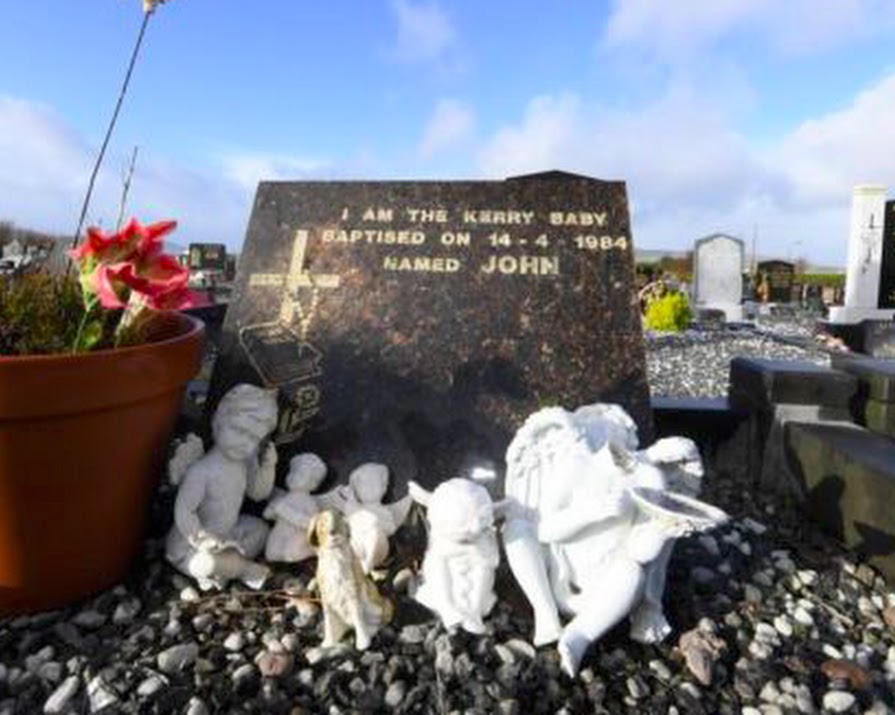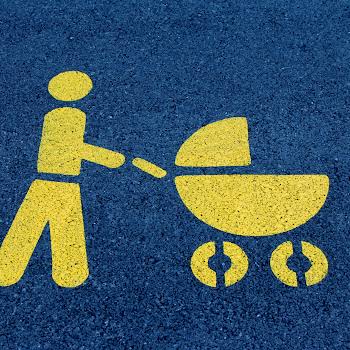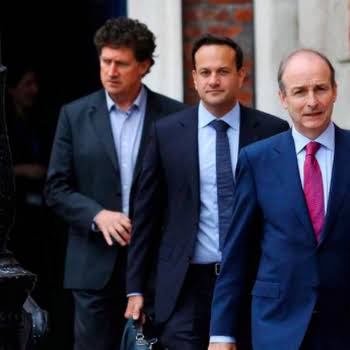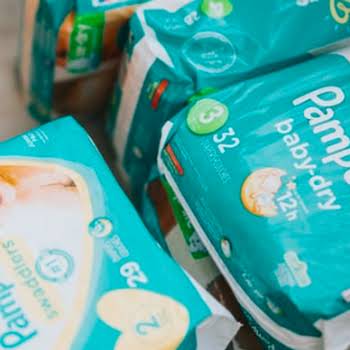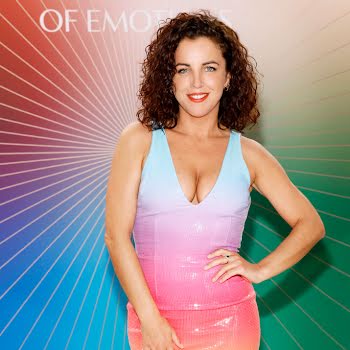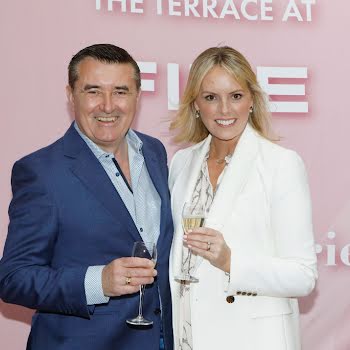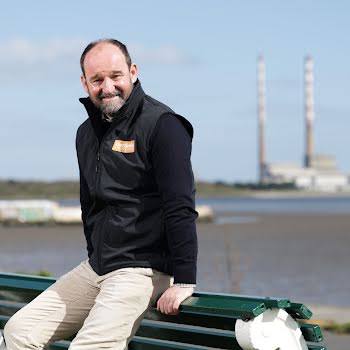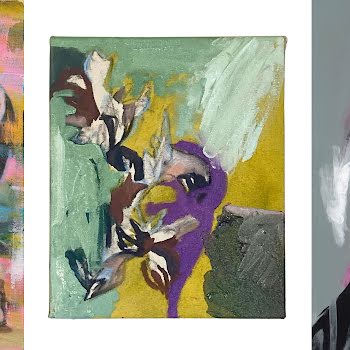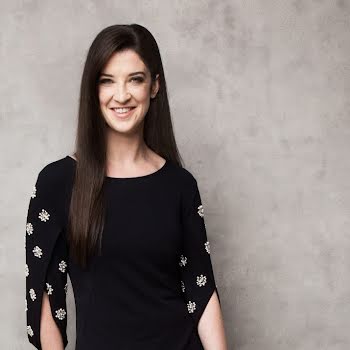
Motherhood and murder: The mystery of the Kerry babies scandal and why it’s back in the news
By Amanda Cassidy
18th Dec 2020
18th Dec 2020
It was a tragedy that shocked the community and the country. A newborn baby found dead on White Strand Beach near Cahersiveen in Co Kerry had been stabbed 28 times. Now, decades later, the state has awarded €2.5m in damages to the family of a local girl over their treatment during the investigation. Amanda Cassidy reports
In 1984, the beach that lies between the mountains and the wild seas of Co Kerry was locally known as a spot for courting. But on one dark evening in April of that year, it became instead the final resting place of a tiny baby who would later be named John.
The little boy has been stabbed almost 30 times, including twice in his heart. The five-day-old was discovered wrapped in a bag. Nobody has ever been held responsible for his death.
Duress
But when the body of a second baby was found on a farm outside of Tralee, 80km away, Gardai focused their attention on a 24-year-old girl called Joanne Hayes. She admitted she’d given birth to a baby boy on the farm who was stillborn.
The theory from the Gardai was that Baby John was also hers, that she’d had twins. They arrested her in connection with Baby John’s death.
Subsequently, she confessed to the murder which she said, later on, was obtained under duress. All scientific evidence showed that she couldn’t have had the second baby. The charges were dropped.
A public tribunal of inquiry was eventually called after the family made complaints about the handling of the case. In defense of themselves to justify how the “confessions” being obtained, the Gardai called a succession of male experts to discuss the medical but also the moral character of Joanne Hayes.
Witch hunt
What followed was described by some as a witch hunt. She was asked more than 2,000 questions – many of them about her sex life, some of them judgemental and gynecological in their nature.
The police even put forward a theory that although blood tests showed that Hayes couldn’t have had twins, this could have been a case of “superfecundation” – sex with two different men at similar times, resulting in two different blood group babies.
One woman told a journalist at the time that she lived beside a quarry and that her family was well used to finding dead babies there
It was implausable. And the treatment of Hayes, who stood accused of no crime, was little more than an illustration of Irish male attitudes to women at that time.
It was a sign of the times in the shadows of catholic Ireland. In fact, one woman told a journalist at the time that she lived beside a quarry and that her family was well used to finding dead babies there.
Getting pregnant outside of marriage was viewed as bringing a dark and inescapable shame on the family. Unwanted babies were turning up in bins, or in bog holes, or in the case of 15-year-old Ann Lovett in Co Longford, in a grotto. The teenager bled out beside a statue of the Virgin Mary, alone and terrified.
Failings
Three decades later, Ms Hayes and her family received formal apologies over the conduct of the original investigation. Supt Flor Murphy said at a press conference in Kerry in 2018: “The tribunal, headed by Mr Justice Kevin Lynch, into that investigation, rightly criticised many aspects of that investigation. For those failings, I apologise. It is accepted that the original investigation fell short of what was required and expected of a professional police service, but I want to reassure the public that this will be a thorough and professional investigation.”
Yesterday it was announced that Joanne Hayes and her family are to be awarded €2.5m in damages over their treatment during the Kerry Babies scandal. They hope to find some closure over this long and difficult time in their lives.
But whoever killed baby John has never been brought to justice – never received help. Those dark secrets remain buried with the newborn, who would have been 36 years old today.
Image via Irish Times











